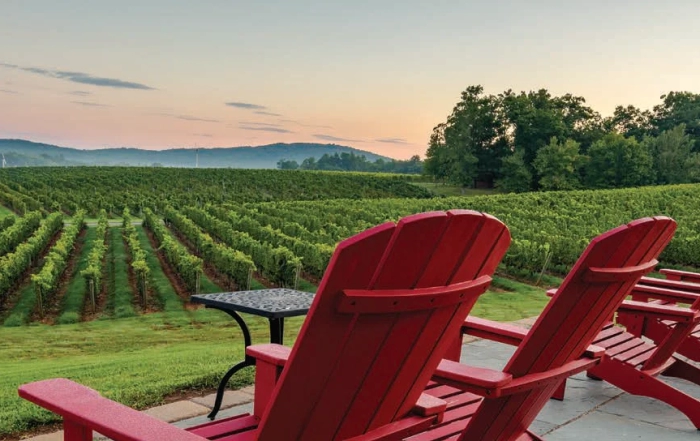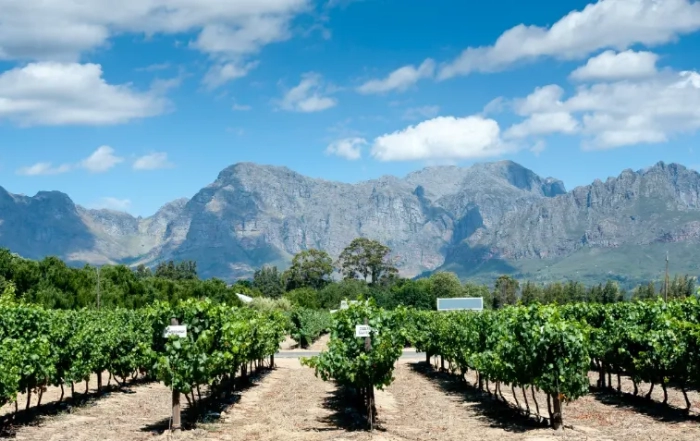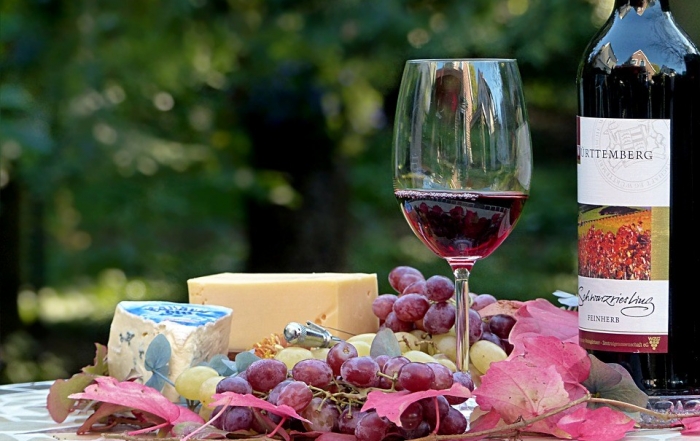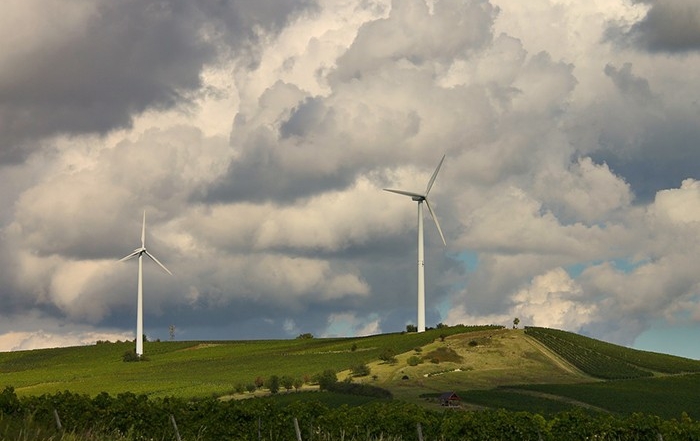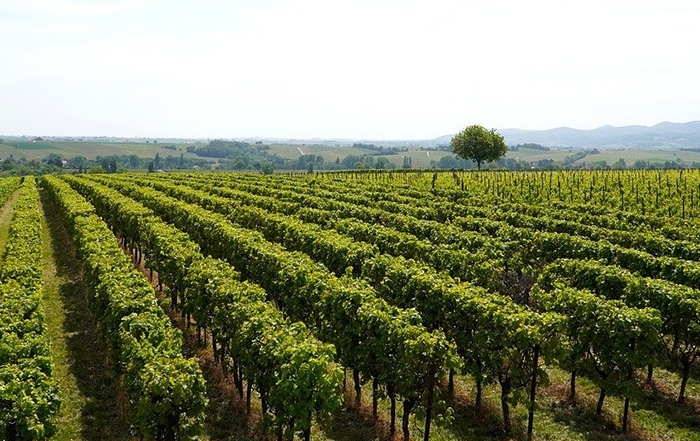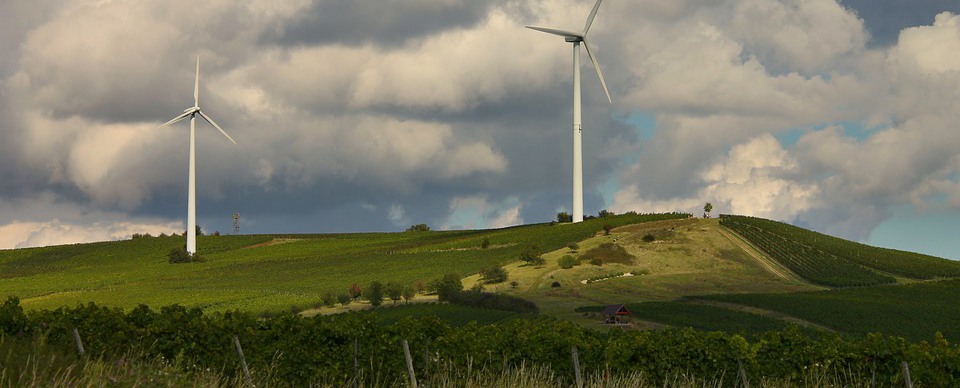
Many wineries today are finding ways to be more respectful and careful of the natural environment. The terms Biodynamic, Organic, and Sustainable are frequently used interchangeably, but they refer to different farming practices used by wineries and vineyards. While there are similarities and overlaps between these concepts, it’s important to understand precisely what each refers to whether you’re considering purchasing a vineyard or winery, you want to make your current property more environmentally-friendly, or you just want to buy responsibly-produced wine.
Building Sustainable Wineries: What Does Sustainability Mean?
Sustainability starts in the vineyard and continues through the entire wine-making process. From conserving water and energy to recycling to caring for the people involved in the wine-making process, sustainability encompasses much more than just caring for the soil. Sustainability in a winery or vineyard has three components: sustainability for the natural environment, for the economic environment, and for the social environment. Vineyards and wineries that are committed to sustainable farming consider the big picture of the impact of their business on the world around them.
In terms of the natural environment, sustainable wineries practice farming that maintains biodiversity. Every species – from small microorganisms to larger animals to the grape vines themselves – is respected and appreciated for its role in preserving a strong and healthy ecosystem around the winery. This aspect of sustainability also focuses on farming practices that use less water and wine-making processes that produce less waste.
Sustainable wineries also focus on the well-being of their employees. Like other sustainable businesses, wineries and vineyards that are committed to investing in their employees. In return, their employees are more invested in and committed to the business. Employees who are supported with a competitive salary and benefits perform better in the workplace and the business experiences less turnover.
Demystifying the “Organic” Label: What is an Organic Winery?
Organic refers to how the wine grapes themselves are grown and how the vines are cared for. It does not extend as far as sustainable practices in terms of caring for the whole ecosystem and for the social environment of the business. Growing grapes organically means committing to farming without using artificial or synthetic chemicals, including herbicides and pesticides. The bottom line is that organic vineyards and wineries solve issues that crop up using natural methods instead of potentially harmful or toxic chemicals.
How do organic vineyards survive without the use of chemical herbicides and pesticides? Biodiversity! For example, when a vineyard is experiencing a pest problem with a specific type of insect, farmers can use cover crops that attract insects that eat the pests. Some organic vineyards and wineries even use sheep to control weeds rather than herbicides or mechanical methods.
Organic farming of wine grapes isn’t the same as producing organic wines. In fact, organic vines and grapes can be used to produce non-organic wine. Wines that have earned the organic label have passed a certification program to prove that both the farming and the wine-making processes adhere to organic protocols. The U.S. Department of Agriculture has an extensive list of what is required and what is prohibited in order to be certified organic on its website. Prohibited items cannot exceed 5% of the total wine product.
Understanding Biodynamic Farming on Vineyards and Wineries
Biodynamic farming is a form of alternative agriculture that goes beyond organic farming, as it encompasses organic practices while also requiring grapes to be farmed according to the astrological calendar. Biodynamic farming uses natural methods for addressing issues with soil fertility, plant growth, and pest issues and excludes the use of chemicals, just as organic farming does, but it also emphasizes spiritual and mystical perspectives. Biodynamic vineyards and wineries harvest grapes and perform various wine-making processes according to the phases of the moon in order to keep the grapes in balance with nature.
Vineyard and winery owners should note that biodynamic practices are controversial in the agricultural field. Scientists have not established any beneficial outcomes with biodynamic farming beyond what is seen on organic farms. Organic vineyards that also utilize integrated farming practices are as successful and efficient as vineyards that use biodynamic techniques. For this reason, some biodynamic practices – namely those that revolve around the astrological calendar – are considered to be pseudoscience because they rely on mystical beliefs and have not been proven effective.
Ensuring Your Vineyard or Winery Respects the Ecosystem
There are many wineries and vineyards that claim to protect the environment, but describe their farming and wine-making practices using different buzzwords. Sustainable, organic, and biodynamic agricultural practices refer to specific farming philosophies and processes and these labels should not be used interchangeably. If you’re interested in ensuring that your vineyard or winery protects the natural environment, sustainable and organic farming techniques help to protect the soil from erosion, conserve water, and protect the organisms that call the area home.
Related Topics
Charlottesville Area Named Wine Region of The Year!
Charlottesville area named wine region of the [...]
Hosting Events in the Vineyard or Winery: Yoga Classes
Whether you own your own mat and gear or have never [...]
Today’s Winery Scene Is A Lot Of Fun And Inclusive
The next time you schedule a vacation try Folktale Winery and [...]
Wine and Cheese pairings for the perfect fall cheese board.
Autumn is the ideal time for getting together with friends. A [...]
Sustainable, Organic, or Biodynamic? Wineries that Protect the Environment
Many wineries today are finding ways to be more respectful and [...]
The Perfect Virginia Wines for Thanksgiving Dinner
Choosing the right wine is one of [...]

